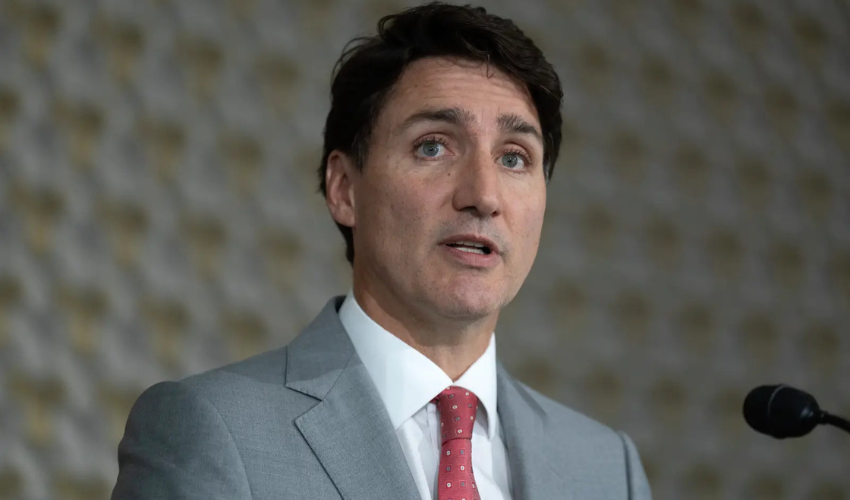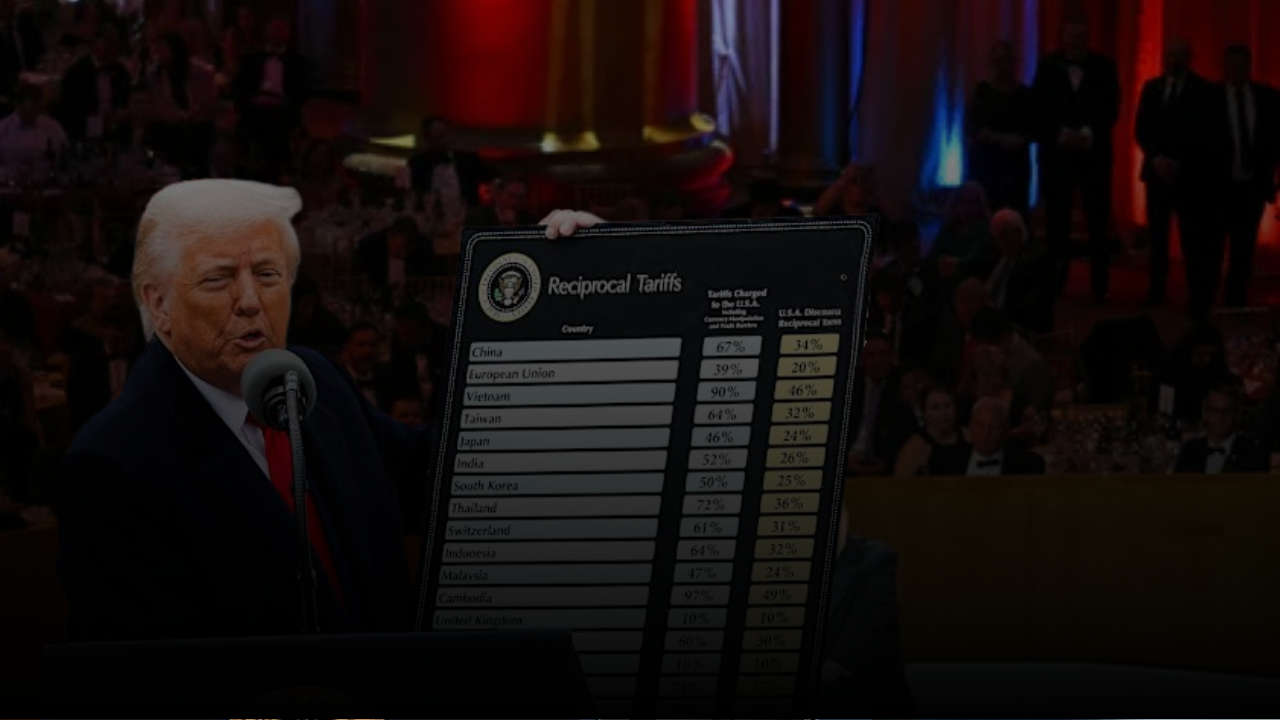On Monday, Canadian Prime Minister Justin Trudeau resigned, quitting out of his position as both the premier and head leader of the Liberal Party. In a national address, Trudeau said he might not be the best choice for the next election due to internal difficulties and his love for the nation.
Trudeau will stay in office until there is a new occupant with elections looming. His term was supposed to end in October. Trudeau had been under increasing pressure from his fellow Liberal Members of Parliament (MPs) and dwindling public opinion since 2015 when he became Canada’s Prime Minister.
In fact, key factors that led to his resignation include his deputy’s exit Chrystia Freeland who left office citing policy clashes back last December. Moreover, critics have accused his government of experiencing inflation rates, escalating immigration numbers, and post-COVID effects too.
With a minority government holding 153 seats in the House of Commons’ 338-seat parliament chamber, Trudeau has been leading an unstable administration ever since New Democratic Party (NDP) withdrew its support from him. A few days ago Jagmeet Singh who is Leader of Opposition NDP declared that once parliament reconvenes on January 27th, he will be tabling a motion of no confidence against this government.
Polls indicate that with growing disapproval rating towards Justin Trudeau; conservative party may get majority if snap polls are called for a fresh election now!
There are two ways to use the passive voice: to emphasize the action being done, or when you do not know who did it. A sentence with passive voice can still be understood even if you remove the actor or subject of the action. This is because the person or thing performing the action is often removed in order to highlight the action itself.



